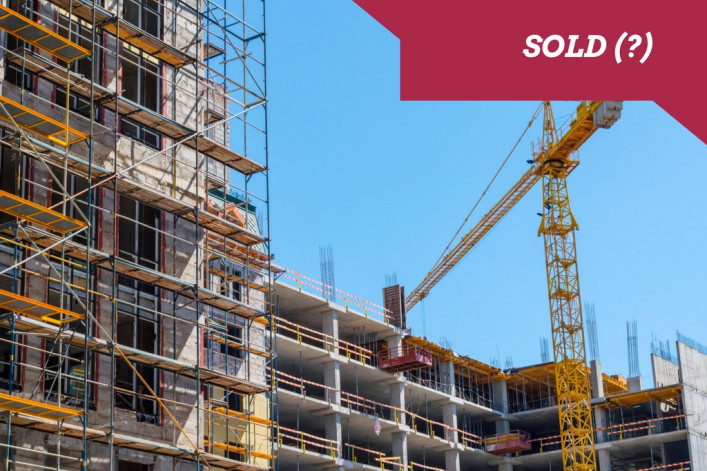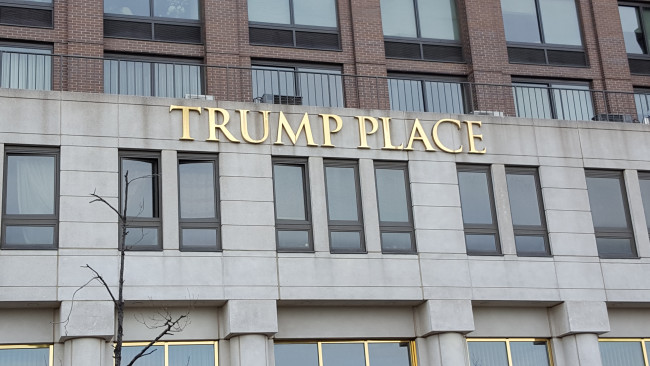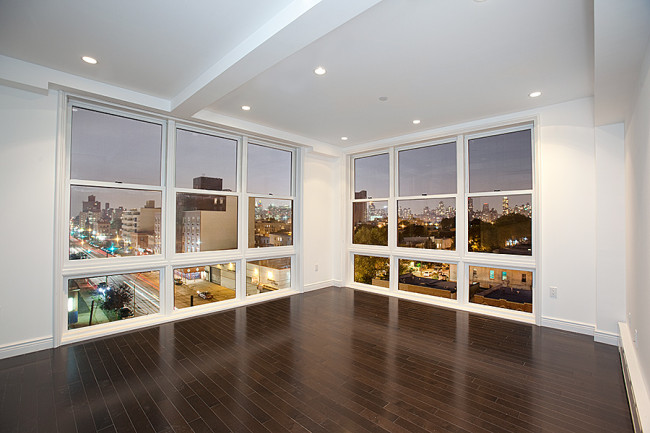Has NYC's new development boom been exaggerated?

For those of us who watch NYC real estate closely, it has always seemed as though the the post-recession years have been, to borrow a term from our Republican presidential nominee, "yuge" for new development sales. New developments at one point—between 2012 and 2014 specifically—seemed to often be 60 to 75 percent sold in just a matter of weeks.
But yesterday, The Real Deal published a story claiming that sales of new developments have been greatly exaggerated. Part of the problem, the magazine reports, is that big-name brokers send out press releases and social media announcements heralding that apartments have been "sold" when, in fact, contracts have been sent out, but closings haven't happened (and remember, there can be a long road between contracts and closings, and deals often get derailed in between).
Calling this "a deep-rooted problem in New York’s luxury residential real estate market," the magazine continues: "Sales updates, strategically dished out via interviews and press releases, are a crucial marketing tool. But developers and their brokers, operating in a market lacking clear rules and oversight, often provide murky and misleading numbers, according to brokers, attorneys, and market observers."
According to The Real Deal, brokers will say sales have been completed in a building, but buyers have actually only signed non-binding reservation agreements (thanks to a special permit from the attorney-general). Buyers can still get their deposit if they change their minds after signing this. Developers also apparently will pick an artificially late official sales launch date so that it appears as though apartments sold more quickly than they did. (For more on how these "reports" are inflated, read the entire article on the Real Deal.)
And who may—or may not—be responsible? The publication reports that "the luxury condo market’s loose relationship with facts owes much to its pioneer: Donald Trump." Apparently, Trump and his condos "ushered in an era of trumped-up sales numbers, a practice he described in his best-selling 1987 The Art of the Deal, as 'truthful hyperbole'.”
“It’s an innocent form of exaggeration—and it’s a very effective form of promotion," Trump wrote in his book. And, reports The Real Deal, "that ethos seeped into the market, said one industry source speaking on condition of anonymity."
Attorney Steve Wagner, of Wagner Berkow (fyi, a Brick Underground sponsor), says that a new development's offering plan includes disclaimers that protect against people suing for these kinds of things. "The brokers may or may not be telling you the truth," he says.
"There might be some brokers who inflate numbers for marketing purposes, but many do not," explains Beth Gittleman of Bohemia Property Group, who advises that buyers not pay too close attention to the sales percentages, anyway. "If you're buying a new development in the first release, you're getting the best price. Buyers who over-intellectuallize a sale tend to miss out."
It's about asking smart questions, she says. "Ask how many units have been released—and what percentage of those have sold. That'll get you a good idea of how truthful the statement is."
Adds Fredrick Peters, CEO of brokerage firm Warburg Realty: "Since the process of new development sales is so opaque, we as brokers never really know what is going on in a building. Everyone uses the term 'sold' differently. To me, sold means you have an executed contract. But in the world of new buildings, we often suspect some agents use 'sold' to mean a contract out, or an expression of interest. Consequently, we never take these breathless announcements of what is “sold” at face value. The market has made us skeptics."
You Might Also Like

























